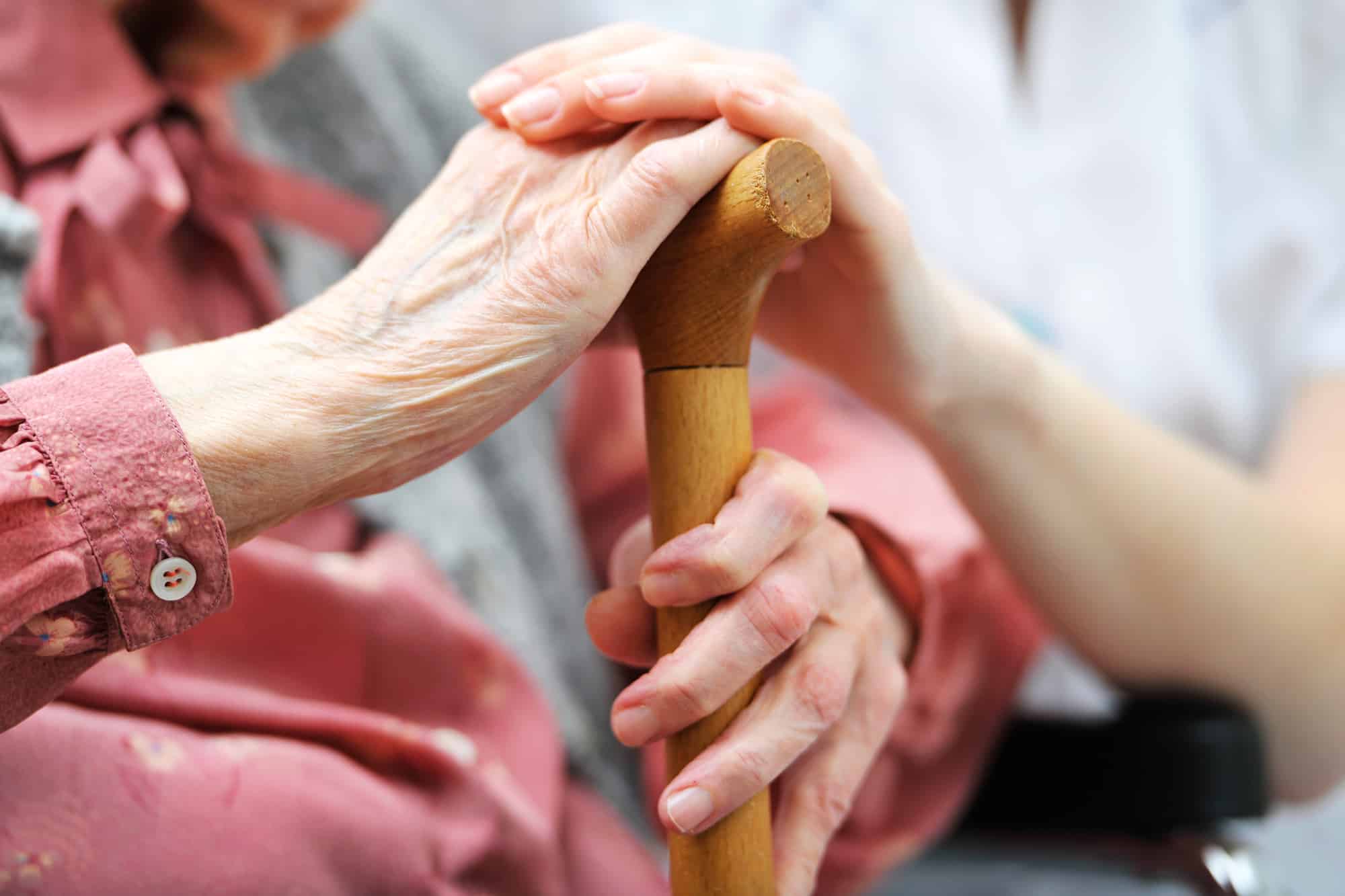Respite Care Orlando Florida: Temporary Alleviation for Family Caregivers
Respite Care Orlando Florida: Temporary Alleviation for Family Caregivers
Blog Article
Key Considerations for Families When Picking Appropriate Elder Treatment Solutions for Their Aging Loved Ones
Picking ideal elderly treatment services for aging relatives is a nuanced procedure that calls for cautious consideration of multiple factors. Family members must start by examining the distinct demands of their loved ones, taking into account case histories, emotional wellness, and individual preferences. The examination of available treatment optionsâEUR" ranging from in-home aid to specialized facilitiesâEUR" needs to be stabilized with an understanding of financial effects and safety and security worries. As family members navigate these complicated selections, the duty of open interaction and partnership can not be overstated, yet many overlook crucial elements that can dramatically influence the outcome.
Assessing Individual Demands

In addition, psychological and social needs play a substantial role in the wellness of elders. An assessment must consider the individual's wish for social interaction, leisure activities, and support systems. Family members characteristics and the accessibility of informal caretakers need to also be factored into the formula, as they can influence the sort of treatment that is most appropriate.
Reviewing Care Options

At home care supplies the advantage of acquainted environments and individualized focus, which can boost convenience and psychological health. On the other hand, aided living centers supply a structured atmosphere with access to on-site medical treatment and social activities, fostering community interaction. Retirement home accommodate those needing extensive clinical guidance, while adult daycare programs enable elders to take part in social tasks during the day, giving break for family caretakers.
It is crucial to analyze the staff qualifications, center licensing, and readily available services in each option. Furthermore, families should look for comments from present locals or customers and evaluate the total reputation of the treatment suppliers. Eventually, picking the best care option is a pivotal choice that needs to mirror an equilibrium in between the elderly's requirements, safety and security, and lifestyle.
Comprehending Expenses and Budget
Navigating the monetary landscape of elderly treatment can be complex, as different alternatives included varying prices that can significantly impact a family's spending plan. Comprehending these expenses is important for family members to make enlightened choices pertaining to take care of their aging loved ones.
Typical senior treatment services include in-home care, aided living centers, and nursing homes, each with its own rates structure. In-home treatment typically bills by the hour, while helped living typically entails monthly rent plus extra service costs. Assisted living facility generally have greater costs due to the considerable medical care given. It is important to think about not just the base costs yet additionally any kind of concealed charges that may occur.
Developing a detailed budget plan that describes anticipated expenses can help families determine the most appropriate care option while ensuring they continue to be within their economic methods. By adequately understanding the prices linked with each alternative, family members can much better browse this vital element of elderly care planning.
Ensuring Safety and Protection
Making sure the safety and security and protection of seniors is vital in any kind of care setup, as their visit here vulnerability typically calls for heightened focus and protective procedures. Families ought to examine the physical setting of possible treatment facilities, searching for attributes such as secure entryways, well-lit corridors, and accessible emergency exits. Furthermore, the visibility of security tools, such as grab bars and non-slip floor covering, can significantly decrease the threat a fantastic read of mishaps.
History checks on workers additionally make certain that locals are cared for by reliable people. Checking systems, individual emergency situation action systems (PERS), and drop discovery tools offer peace of mind for family members and instant help for seniors.
Last but not least, open interaction networks in between family members and care companies are vital. Normal updates concerning the wellness of seniors, together with a clear method to care plans, can cultivate trust fund and make sure that security continues to be a main focus in the care given. By prioritizing these aspects, families can make educated choices that safeguard their aging loved ones.
Involving Household in Decision-Making

Family members should begin by freely interacting about the different treatment remedies offered, such as in-home care, aided living, or nursing centers. It is vital to examine the specific requirements of the aging relative, including clinical demands, mobility, and social engagement. By involving all pertinent relative, various viewpoints and understandings can be gathered, causing even more enlightened decisions.
In addition, family involvement aids in determining possible caregivers and establishing a support network. Regular family conferences can facilitate ongoing conversations and adaptations as needs change, enabling households to continue to be responsive to the evolving conditions of their liked one. Inevitably, a collective decision-making procedure urges a sense of shared duty and makes sure that the picked care service lines up with the household's vision for their aging relative's health and self-respect.
Verdict
In verdict, selecting suitable elderly care services demands a comprehensive analysis of specific needs, readily available treatment options, and connected expenses. Focusing on security within the living setting and promoting household involvement in decision-making procedures even more boosts the performance of treatment. By aligning care options with the aging loved one's clinical history, psychological requirements, and personal preferences, households can create an encouraging network that promotes wellness and dignified living for their liked ones in their later years.
Report this page